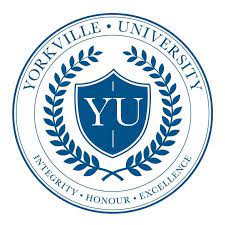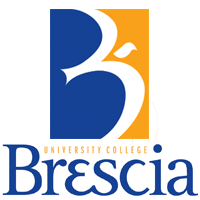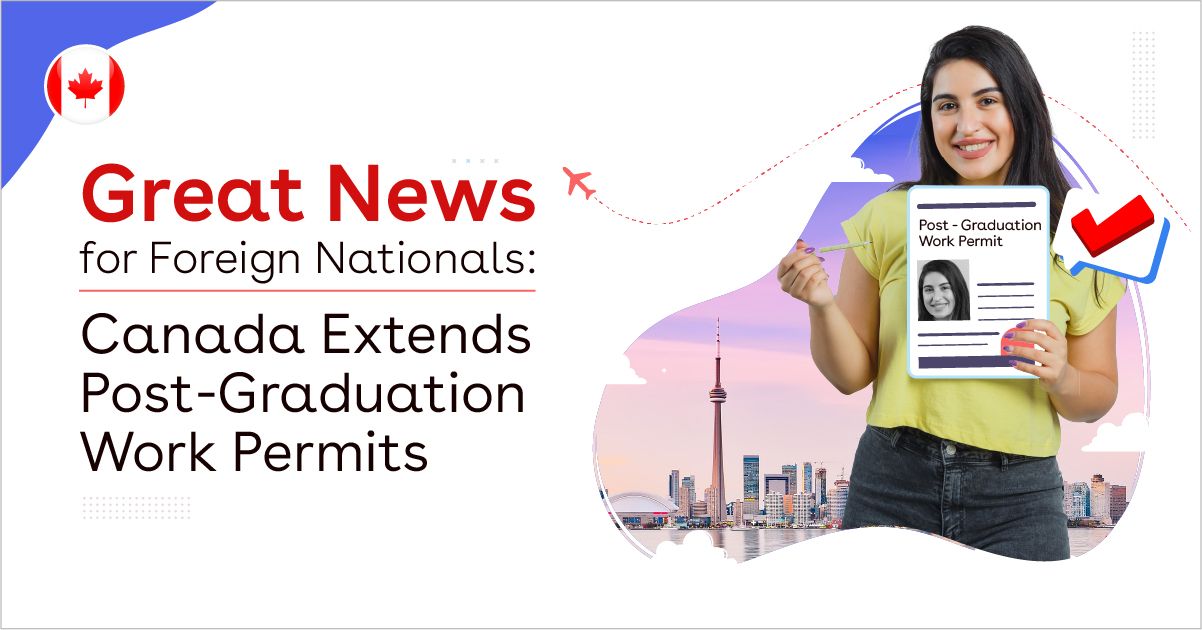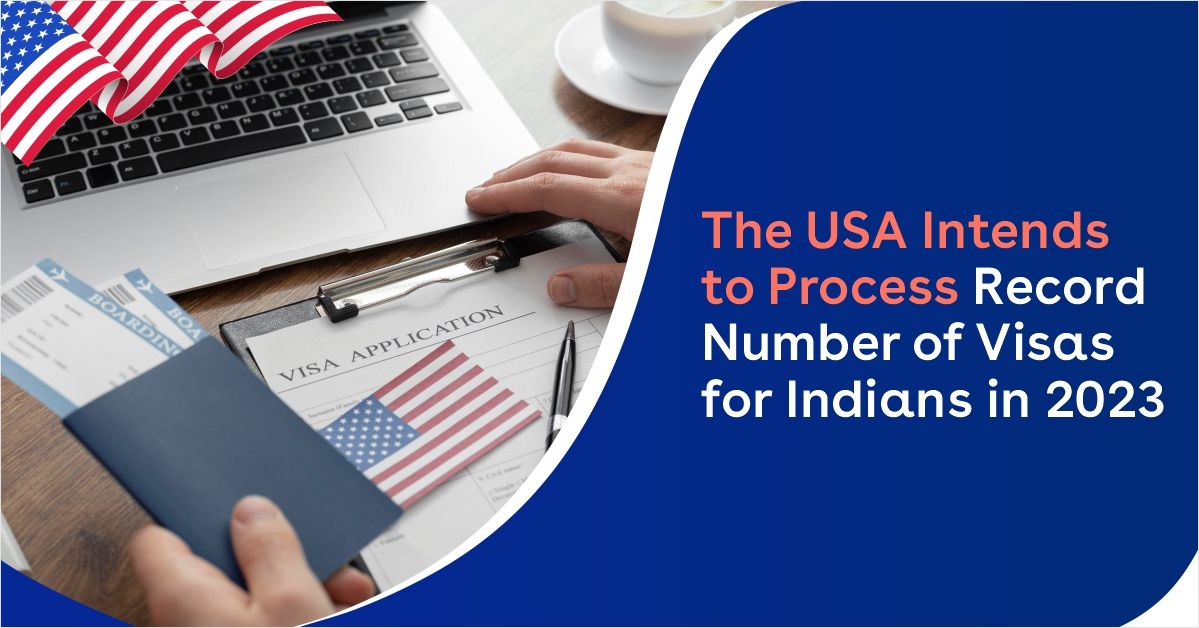
Study
in Canada
Quick Facts
Canada is an advanced country with strengths in several key industries, including engineering, pharmaceuticals, aerospace, forest and natural resources. Canada is also considered to be among the safest countries in the world.
While Canada has the second-largest land area in the world after Russia, it has a relatively small population, calling for a skilled workforce to fill jobs in a variety of fields.
Canada is a bilingual country with French & English being official languages, allowing students to build linguistic proficiency.
After completing your studies, Canada provides for a post-study work visa for up to three years.
Canada offers excellent long term opportunities for those who wish to stay and work after completing their studies.
Education Institutions are world class and provided reputed programs which are well accredited.
There are two types of programs in Canada - Diplomas and Degrees. Both are conducted at well equipped and reputed institutions
Universities
McGill University’s School of Continuing Studies, Montreal, Quebec
University of Waterloo, Waterloo, Ontario u
Queen’s University, Kingston, Ontario (Only UG)

University of Victoria in Partnership with Kaplan, Victoria, British Columbia

Toronto Metropolitan University, Toronto, Ontario (only UG)
York University, School of Continuing Education, Toronto, Ontario
University of Guelph, Guelph, Ontario (Only UG)
Dalhousie University, Halifax, Nova Scotia (M.Engg in Internetworking and all UG courses)
University of Manitoba, Winnipeg, Manitoba

Memorial University of Newfoundland, Grenfell Campus, Newfoundland and Labrador (Only UG)

Memorial University of Newfoundland, Grenfell Campus, Newfoundland and Labrador (Only UG)
University of Windsor, Windsor, Ontario (Only UG)
University of New Brunswick, Fredericton, New Brunswick
University of Regina, Regina, Saskatchewan

University of New Brunswick, Saint John, New Brunswick (Except Students from India)
Brock University, St. Catharines, Ontario
Wilfrid Laurier University, Waterloo, Ontario (Only UG)

University of Lethbridge, Lethbridge, Alberta (Only UG)
Lakehead University, Thunder Bay, Ontario
Lakehead University through Georgian College, Barrie, Ontario
University of Winnipeg, Winnipeg, Manitoba
University of Prince Edward Island, Charlottetown, Prince Edward Island
Acadia University, Wolfville, Nova Scotia (Only UG)
University of Northern British Columbia, Prince George, British Columbia (Only UG)
Thompson Rivers University, Kamloops, British Columbia
Ontario Tech University, Oshawa, Ontario
Mount Saint Vincent University, Halifax, Nova Scotia
Trent University, Peterborough, Ontario
Trinity Western University, Langley, British Columbia
Royal Roads University, Victoria, British Columbia
Fairleigh Dickinson University, Vancouver, British Columbia
Simon Fraser University through Fraser International College, Burnaby, British Columbia (Only UG)
Wilfrid Laurier University through Wilfrid Laurier International College, Waterloo, Ontario (Only UG)
University of Manitoba through International College of Manitoba, Winnipeg, Manitoba (Only UG)
Toronto Metropolitan University through Toronto Metropolitan International College, Toronto, Ontario (Only UG)
Vancouver Island University, Nanaimo, British Columbia
St. Thomas University, Fredericton, New Brunswick (Only UG)
University Canada West, Vancouver, British Columbia
New York Institute of Technology, Vancouver, British Columbia
Nipissing University, North Bay, Ontario
Adler University, Vancouver, British Columbia
King’s University College (University of Western Ontario), London, Ontario
Cape Breton University, Sydney, Nova Scotia
Capilano University, North Vancouver, British Columbia
Kwantlen Polytechnic University, Surrey, British Columbia
University of the Fraser Valley, Abbotsford, British Columbia
Mount Allison University, Sackville, New Brunswick
MacEwan University, Edmonton, Alberta (Only UG)

Seneca College, Toronto, Ontario
George Brown College, Toronto, Ontario
Sheridan College, Oakville, Ontario
Bow Valley College, Calgary, Alberta
Douglas College, New Westminster, British Columbia (Except students from Punjab, Haryana and Chandigarh)
Southern Alberta Institute of Technology, Calgary, Alberta
Niagara College, Welland, Ontario
Niagara College, Toronto, Ontario
Fanshawe College, London, Ontario
Fanshawe College @ ILAC Toronto, Ontario
Durham College, Oshawa, Ontario

Confederation College, Thunder Bay, Ontario
Fleming College, Peterborough, Ontario
Fleming College, Toronto, Ontario
North Island College, Vancouver Island, British Columbia
Georgian College, Barrie, Ontario
Georgian@ILAC, Toronto, Ontario

Langara College, Vancouver, British Columbia (Except students from Punjab and Haryana)
Loyalist College, Toronto, Ontario
Sault College of Applied Arts and Technology, Sault Ste. Marie, Ontario (Except students from North & West India)
Lakeland College, Vermilion, Alberta
Cambrian College, Sudbury, Ontario
Manitoba Institute of Trades and Technology, Winnipeg, Manitoba
Cambrian College, Hanson (Toronto and Vancouver)
Centennial College, Toronto, Ontario (For students of Bangladesh, Malaysia, Nepal, Vietnam & Sri Lanka only)
Conestoga College, Kitchener, Ontario
College of New Caledonia, Prince George, British Columbia

Cégep Marie-Victorin, Montreal, Quebec
Saskatchewan Polytechnic, Saskatoon, Saskatchewan

Yorkville University, Toronto and Vancouver (Except students from India, Bangladesh, Nepal and Pakistan)
Toronto Film School, Toronto, Ontario (Except students from India, Bangladesh, Nepal and Pakistan)
LaSalle College, Montreal and Vancouver
College of the Rockies, Cranbrook, British Columbia

Lethbridge College, Lethbridge, Alberta
Northern Lights College, Dawson Creek, British Columbia
Northern College, Timmins, Ontario
St. Lawrence College, Kingston, Ontario
Lambton College, Sarnia, Toronto and Mississauga Campus, Ontario
Selkirk College, Castlegar, British Columbia
Assiniboine Community College, Brandon, Manitoba

Keyano College, Fort McMurray, Alberta
Canadore College, North Bay, Ontario (Except students from Punjab and Haryana)

Toronto School of Management, Toronto, Ontario

Acsenda School of Management, Vancouver, British Columbia
Le Cordon Bleu, Ottawa, Ontario
Alexander College, Vancouver, British Columbia

Brescia University College, London, Ontario (Only UG)
Northern College at Pures-Toronto, Toronto, Ontario
Vancouver Film School, Vancouver, British Columbia

Cégep de la Gaspésie et des Iles, Gaspé, Quebec
Vancouver Community College, Vancouver, British Columbia
British Columbia Institute of Technology, Burnaby, British Columbia
Cost of Education in Canada
| Types of Expenses | Annual Expenses in CAD | |
|---|---|---|
| Diploma | Degree | |
| Tuition Fees for one-year (Indicative)* | 15000 | 20000 |
| Living and Accommodation | 10200 | 10200 |
| Airfare from India to Canada | 2500 | 2500 |
| Visa Fees (Including Biometric Fees) | 235 | 235 |
| Total Expenses | 27935 | 32935 |
Study in Canada Faq’s
Each institution in Canada has its own policy regarding admission requirements for international students. The entry criteria may vary according to the programs as well. The minimum percentage required for Community Colleges is 55% and above in the previous educational qualification and for universities it is 60% and above. Besides, an English Proficiency score is also required. The websites of the institutions may also be checked to get the exact requirements.
You will get varied options in the technical and professional fields including: Business, Agriculture and Agri-Food, Health, Social services, Broadcasting and Journalism, Hospitality and Tourism, Design, Technology, Sciences, Information Technology, Engineering, Environment, Languages, and Arts
Studying in Canada can be relatively cheaper as Canada offers low tuition rates for international students as compared to the U.S., the U.K., and Australia. The average cost of study including tuition and living cost is CAD 35, 000 per year.
You can opt for on-campus housing ranging from shared condominiums to dormitory-style housing or choose to live off-campus. The cost for on-campus housing may or may not include a meal plan and or other utilities such as phone and internet connection. Accommodation prices may be lower off-campus but you will have to bear the extra cost of furnishings, water, electricity and/or other miscellaneous expenses.
The eligibility for scholarships for international students aspiring to study in Canada is judged on the basis of outstanding academic grades and exceptional English Proficiency scores. Scholarships are mostly offered by the universities without any particular application based on the eligibility benchmarks but at some institutions the students need to apply for the same.
International students can work while studying in Canada if they have a valid study permit and a Social Insurance Number (SIN). The students can work part time for 20 hours a week during term time and 40 hours i.e. full time during vacations. Besides many of the institutions in Canada offer paid internships as part of the course where in the students get the opportunity to work full time in industry relating to their area of study.
Some programs in Canada do include work experience as part of their curriculum. You may apply for a co-op or intern work permit if • You have a valid study permit or • Working is a significant part of your study program in Canada or • A letter from your school confirms that all students in your program must complete work placements to get their degree or • Your co-op or internship is 50 % or less of the total program of study.
If you graduate from a Designated Learning Institution, then you can gain valuable Canadian work experience under the Post-Graduation Work Permit Program (PGWPP). Normally a work permit visa is granted for one year on a study of one year. For a study of at least 2 or more years the student can get post study work visa of up to 3 more years.




















